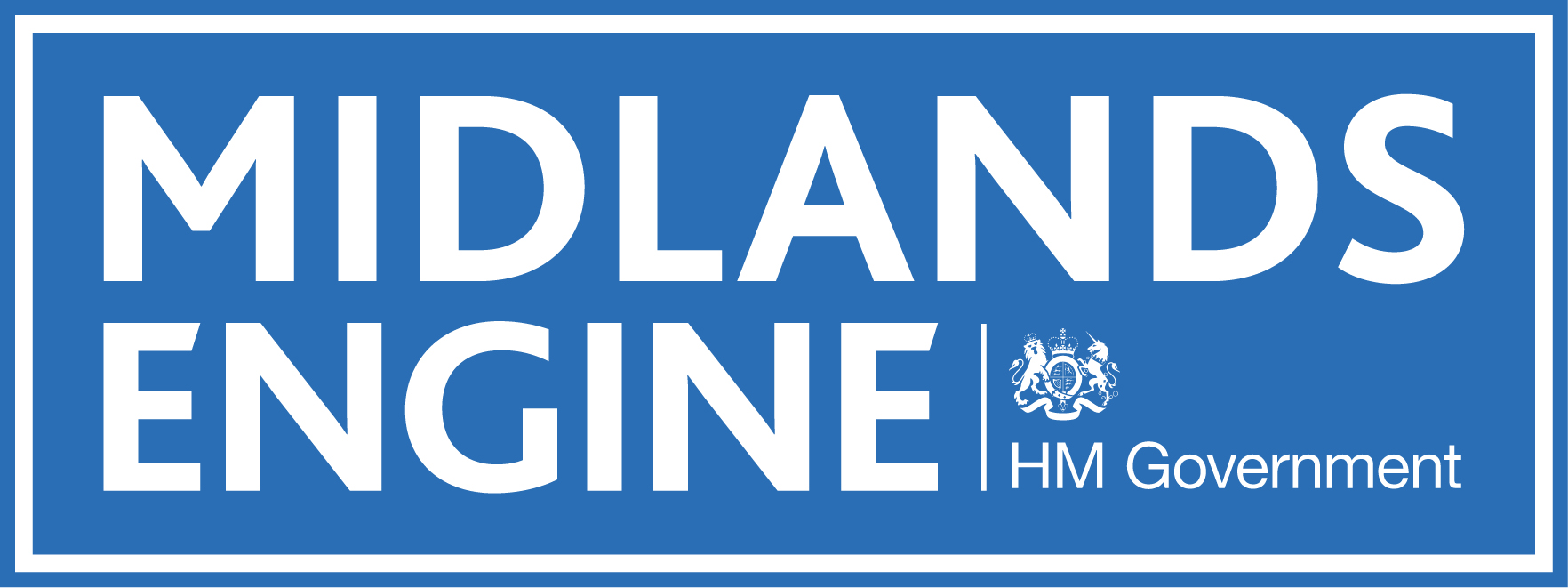Funding to support Nottingham’s cultural recovery with digital aid
NTU is a partner in a £1.6 million project which has been launched to support the recovery of Nottingham’s cultural sector with the development of new immersive technology and techniques to help businesses attract audiences and customers.
By Dave Rogers | Published on 26 March 2021
Categories: Press office; Research; School of Architecture, Design and the Built Environment; School of Science and Technology;

The Leading the Experiential and Digital Diversification: Nottingham (LEADD:NG) project aims to provide SMEs with a range of digital products and experiences using immersive technologies and techniques that will allow them to maximise potential and profit post-pandemic.
As well as NTU, the University of Nottingham-led project will also be supported by Broadway Cinema, Creative Quarter, Nottingham Castle Trust and Nottingham City Council.
Researchers in computer science and product design at NTU will support creative industries SMEs in developing technologies to deliver and harness commercially-viable online immersive experiences such as virtual and augmented reality.
Dr Eiman Kanjo, an associate professor in NTU’s School of Science and Technology, said: “The focus is to bring the innovations and opportunities of the live and digital ‘experience economy’ and the creative and digital industries to the visitor economy. We want to help these businesses become more competitive and create new business models.”
Amin Al-Habaibeh, Professor of Intelligent Engineering Systems in NTU’s School of Architecture, Design and the Built Environment said: "We are very pleased to work with our colleagues at University of Nottingham in supporting the local industry and enhancing commercial opportunities to improve future employment prospects.
“The COVID-19 pandemic has provided some real challenges to businesses and it is becoming essential to use modern digital technologies to enhance business strategies to show resilience to challenging markets."
The University of Nottingham’s Professor of Creative and Cultural Industries, Helen Kennedy is the project co-ordinator and lead.
She said: “The cultural and creative industries have experienced some of the most extreme impacts from the restrictions imposed in response to the COVID-19 pandemic. Even when we emerge from lockdown they could still face restrictions and the recent announcements of cuts to the sector will only add to the difficulties they face.
“This project will bring together academic research and technical expertise from across the university to deliver a programme of significant knowledge mobilisation and innovation in support of the local creative and cultural industries to help them thrive.”
The first programme of activity will focus on cultural recovery in the context of the pandemic and the imminent reopening of cultural and creative spaces. The research team will showcase the opportunities that exist through the application of mixed reality technologies and techniques being developed at the University of Nottingham’s Mixed Reality Lab that consider how to design performance-based experiences that can take place both in person and at a distance.
Projects being developed include: using different technology to deliver hybrid accessible musical and theatrical productions which combine an immersive digital element alongside physical audiences; presenting multi-user VR on stage as performance; and an online festival platform that lets friends and family meet in virtual environments to share live experiences together and feel like part of a bigger crowd.
The team are also working on combining products with a digital element - Studio Chocolate in Nottingham have recently trialled this with the delivery of personalised multi-media messages with their chocolates.
Sara Blair-Manning, CEO of the Nottingham Castle Trust said: “Nottingham Castle Trust is delighted to be working with University of Nottingham colleagues and city cultural partners as part of this innovative project. We are keen to develop and build on the existing digital interactives which play a key part in the new visitor experience at Nottingham Castle, as we emerge from the challenges of the pandemic. This project and the associated research and testing, will inform how we continue to refresh the Castle visitor experiences with the most creative and exciting digital innovations available.”
The project is funded by the European Regional Development Fund (ERDF) Nottingham Sustainable Urban Development Strategy’
This project is supported by the Universities for Nottingham initiative which aims to improve the way the universities work with each other and their local partners to help change the lives of local people for the better.
![]()

Notes for Editors
Press enquiries please contact Dave Rogers, Public Relations Manager, on telephone +44 (0)115 848 8782, or via email.
European Regional Development Fund
The project is receiving up to £812,101 of funding from the England European Regional Development Fund as part of the European Structural and Investment Funds Growth Programme 2014-2020. The Ministry of Housing, Communities and Local Government (and in London the intermediate body Greater London Authority) is the Managing Authority for European Regional Development Fund. Established by the European Union, the European Regional Development Fund helps local areas stimulate their economic development by investing in projects which will support innovation, businesses, create jobs and local community regenerations. For more information visit https://www.gov.uk/european-growth-funding.
Midlands Engine
The government is committed to making the Midlands an Engine for Growth in the UK, increasing economic growth and improving the quality of life for everyone. The Midlands is home to over 10 million people and over 780,000 businesses. Its economy is worth £217.7 billion. Alongside over €750 million of European Regional Development Fund support for businesses and communities across the Midlands, the government has awarded £1.9 billion in three rounds of Growth Deals. To gain wider promotion, enlisting the help of Local Enterprise Partnerships and other local partners who support the development and promotion of ERDF projects would be encouraged. Collaborate with these partners to maximise the reach and impact of ERDF-funded projects. Please contact your contract manager, or the MHCLG Growth Delivery Team for more information’